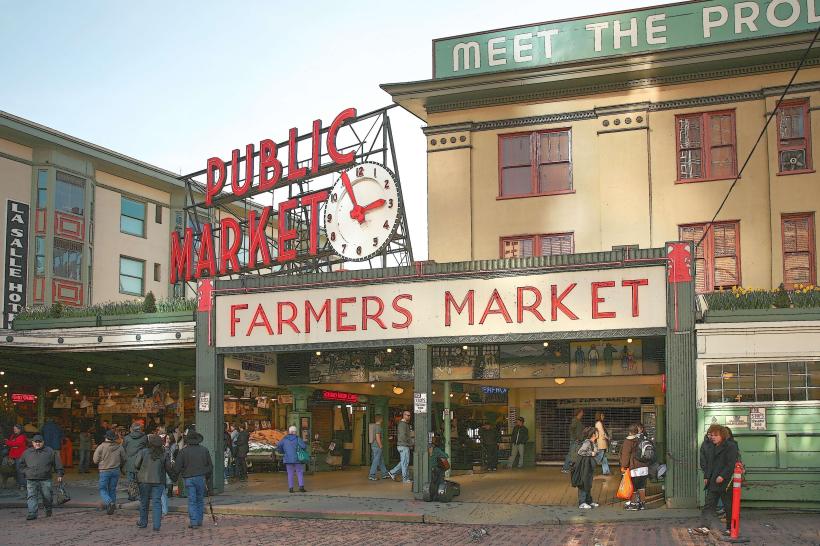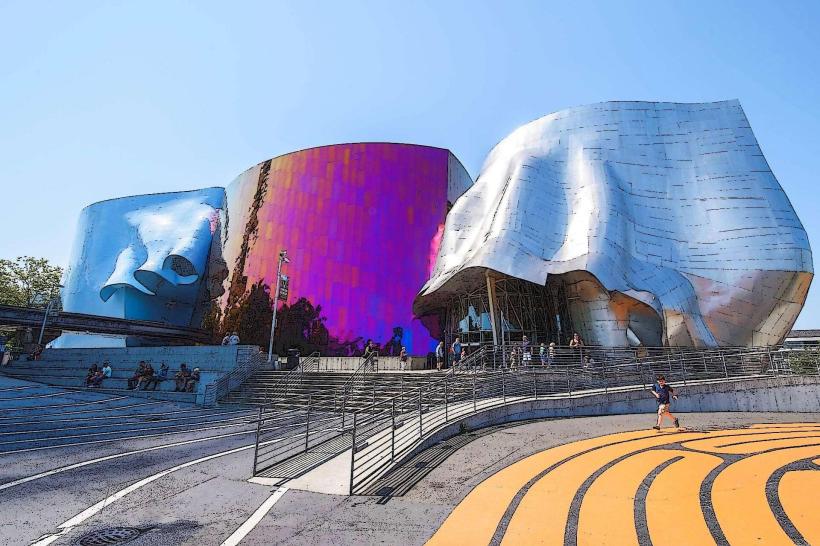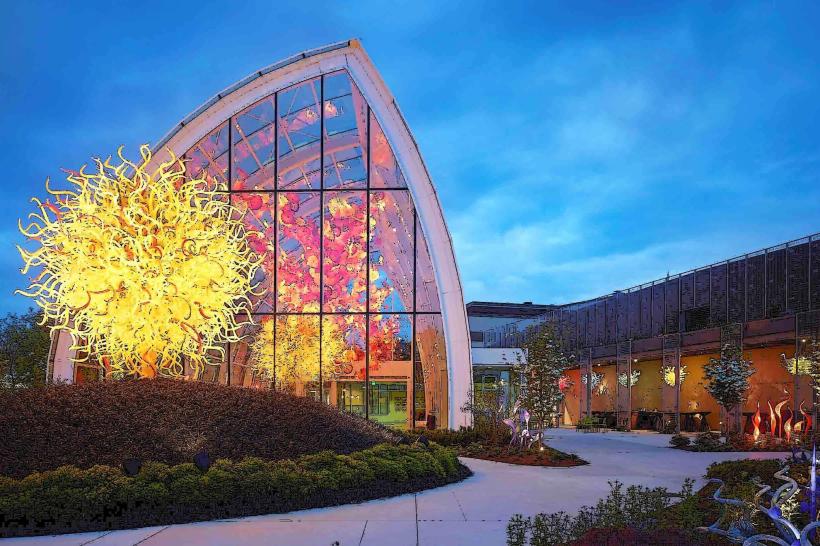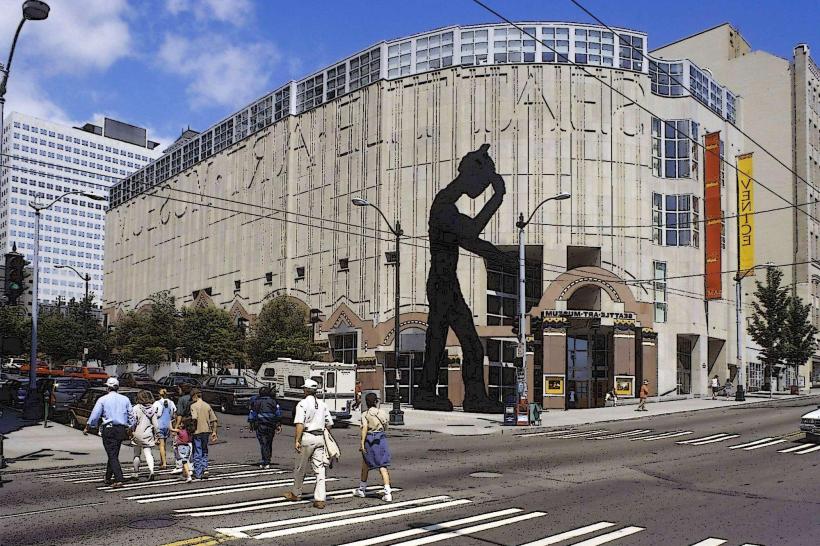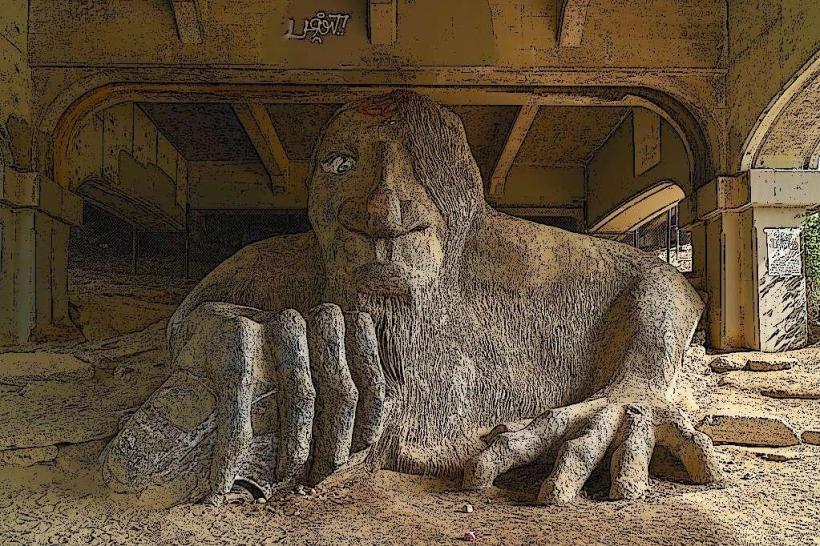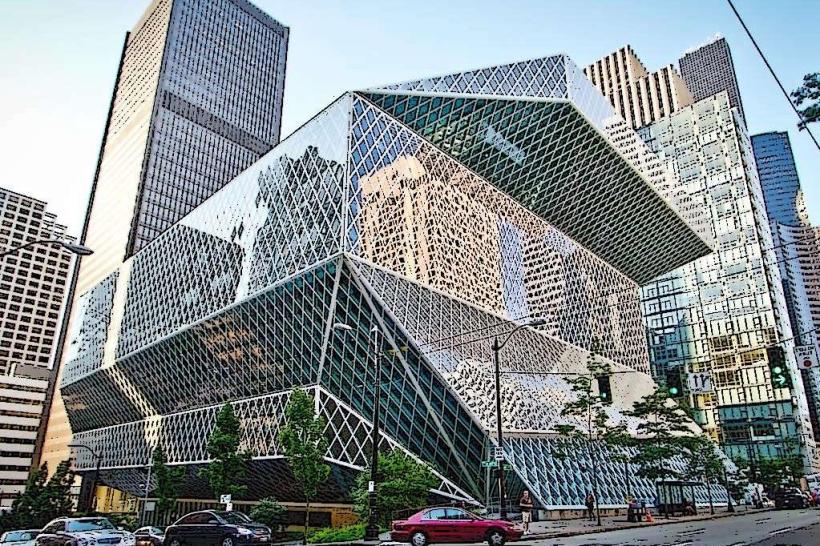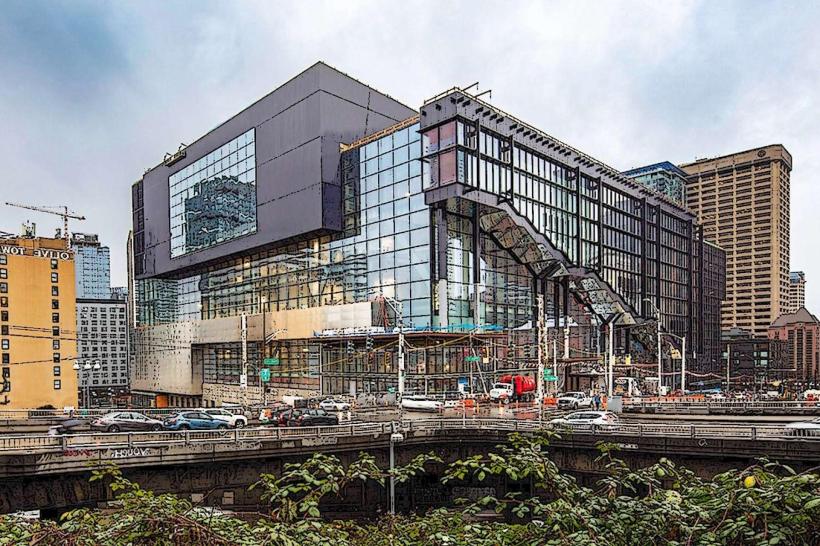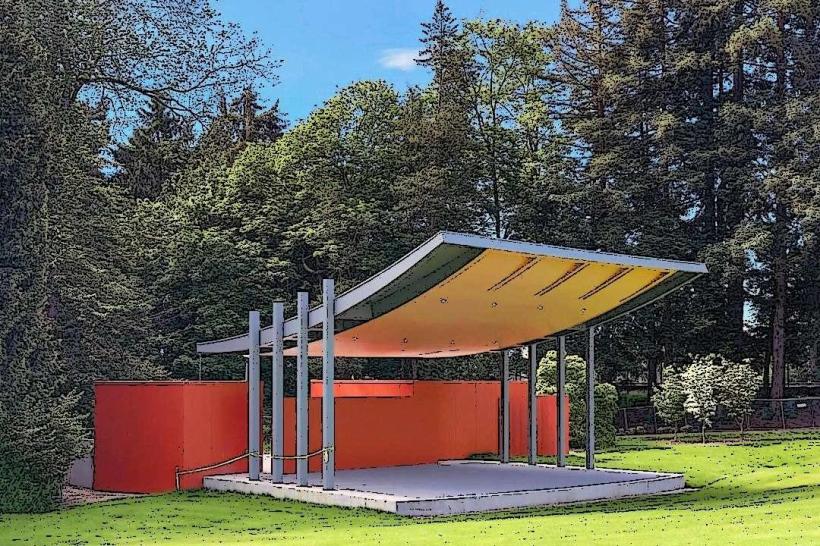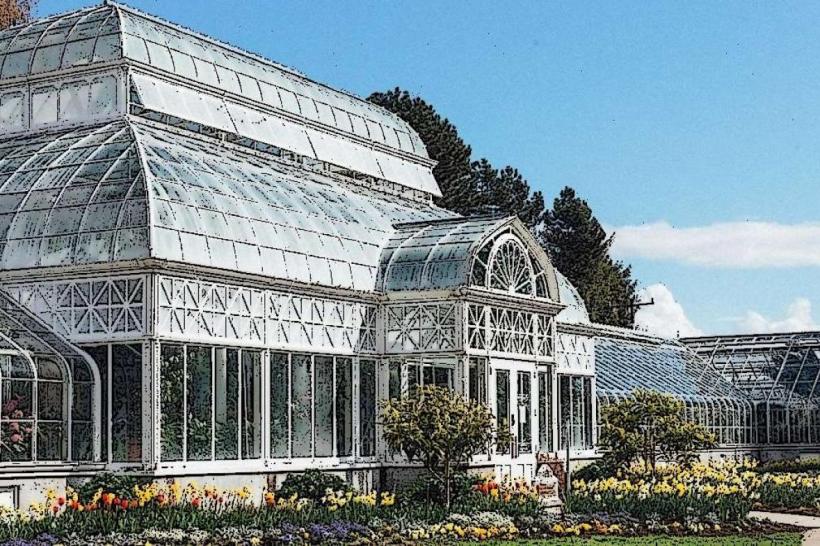Information
Landmark: Woodland Park ZooCity: Seattle
Country: USA Washington
Continent: North America
Woodland Park Zoo, Seattle, USA Washington, North America
Woodland Park Zoo is a celebrated zoological park located in Seattle’s Phinney Ridge neighborhood, sprawling across approximately 92 acres of lush, carefully landscaped grounds. Established in 1899, it is one of the oldest and most respected zoos in the United States, known not only for its wide variety of animal species but also for its pioneering role in wildlife conservation, education, and sustainable zoo design.
History and Significance
The zoo began as a modest collection of animals and gradually expanded into a world-class institution recognized for its innovative approach to animal care and habitat simulation. Over the years, Woodland Park Zoo has transformed from traditional cages to immersive, naturalistic exhibits that prioritize animal welfare and provide visitors with an educational, engaging experience. It is accredited by the Association of Zoos & Aquariums (AZA), affirming its commitment to the highest standards in animal care, conservation, and education.
Exhibit Areas and Animal Collections
Woodland Park Zoo is thoughtfully divided into themed bioclimatic zones that replicate the natural habitats of the animals, providing environments that closely mimic those found in the wild. These zones are designed to educate visitors about biodiversity and the importance of ecosystem preservation.
African Savanna
This expansive area features animals native to the grasslands and savannas of East Africa. Visitors can observe majestic giraffes gracefully browsing tree tops, herds of zebras grazing, powerful lions resting in shaded areas, and the imposing hippopotamuses lounging in large water enclosures. The landscape design incorporates open plains and acacia-like trees, offering a realistic setting that encourages natural behaviors.
Tropical Rainforest
Mimicking the dense and humid environments of the Amazon and African rainforests, this exhibit is home to gorillas, jaguars, lemurs, and a wide variety of birds and reptiles. The lush vegetation, winding pathways, and carefully controlled microclimate immerse visitors in a tropical world, highlighting the richness and fragility of rainforest ecosystems.
Australasia
This section introduces animals from Australia and the Pacific Islands. Species such as agile wallabies hop around naturalistic enclosures, snow leopards stealthily patrol rocky outcrops, and colorful kookaburras call out from treetops. The exhibit emphasizes the uniqueness of the Australasian fauna and their adaptations to diverse environments.
Living Northwest Trail
Focusing on the native wildlife of the Pacific Northwest, this trail showcases gray wolves, brown bears, lynx, and various bird species native to the region. The exhibit educates visitors about local ecosystems and the critical role these animals play in maintaining environmental balance. The naturalistic habitats include forested areas, streams, and open meadows.
Historic Carousel
A charming 1918 carousel located within the zoo offers a nostalgic, family-friendly attraction. It features hand-carved animals and traditional music, providing a whimsical complement to the educational experience.
Zoomazium
Designed specifically for children up to 8 years old, Zoomazium is an indoor play area filled with climbing structures, tunnels, and nature-inspired interactive exhibits. This space encourages young visitors to explore, learn, and engage physically in a safe environment.
Conservation and Sustainability Initiatives
Woodland Park Zoo is deeply committed to conservation both locally and globally. It actively participates in breeding programs for endangered species, habitat restoration projects, and public education about environmental stewardship.
Plastic Bottle-Free Initiative
In an effort to reduce waste and promote sustainability, the zoo has eliminated single-use plastic water bottles, encouraging visitors to use refillable containers and providing water refill stations throughout the grounds.
Zoo Doo Program
A unique composting initiative, “Zoo Doo” uses manure from the zoo’s herbivorous animals to create nutrient-rich compost. This compost is used in local gardens and landscaping, promoting a closed-loop approach to waste management.
Global Field Conservation
Woodland Park Zoo supports more than 40 conservation projects worldwide, including efforts to protect endangered species such as tigers, gorillas, and sea turtles. These projects involve habitat protection, anti-poaching campaigns, and community education programs.
Visitor Experience and Amenities
The zoo is designed to be accessible and enjoyable for visitors of all ages and abilities. Wide, paved paths accommodate strollers and wheelchairs, and informative signage provides engaging details about the animals, their habitats, and conservation challenges.
Educational Programs
Woodland Park Zoo offers a variety of educational programs, including guided tours, animal encounters, summer camps, and special events that emphasize wildlife biology, ecology, and conservation ethics.
Dining and Shopping
Onsite amenities include cafes and snack stands serving family-friendly meals, as well as gift shops featuring animal-themed merchandise, educational books, and sustainably sourced products.
Events and Seasonal Highlights
Throughout the year, the zoo hosts special events such as “Boo at the Zoo” during Halloween, “Winterfest” holiday celebrations, and Earth Day activities. These events combine entertainment with conservation messaging and often include live performances, crafts, and interactive exhibits.
Practical Information
Location: Woodland Park Zoo is situated at 5500 Phinney Avenue North, Seattle, providing a green oasis just a few miles north of downtown.
Hours: The zoo operates daily from 9:30 AM to 4:00 PM, with seasonal variations possible during holidays or special events.
Admission Fees:
Adults (ages 13–64): $22.95
Seniors (65+): $19.95
Children (ages 3–12): $14.95
Children under 3: Free
Accessibility: The zoo is fully wheelchair accessible, with accessible restrooms and parking. Service animals are welcome.
Overall Impression
Woodland Park Zoo provides a comprehensive and immersive experience, blending entertainment with education and conservation. Its focus on creating realistic habitats allows animals to exhibit natural behaviors, enriching the visitor experience and fostering empathy and understanding for wildlife. By integrating sustainability practices and supporting conservation efforts globally, the zoo serves as a vital institution for preserving biodiversity while offering a welcoming place for families, school groups, and wildlife enthusiasts. The combination of scenic beauty, diverse animal life, and engaging programming makes Woodland Park Zoo a must-visit destination in Seattle for anyone interested in nature and conservation.



